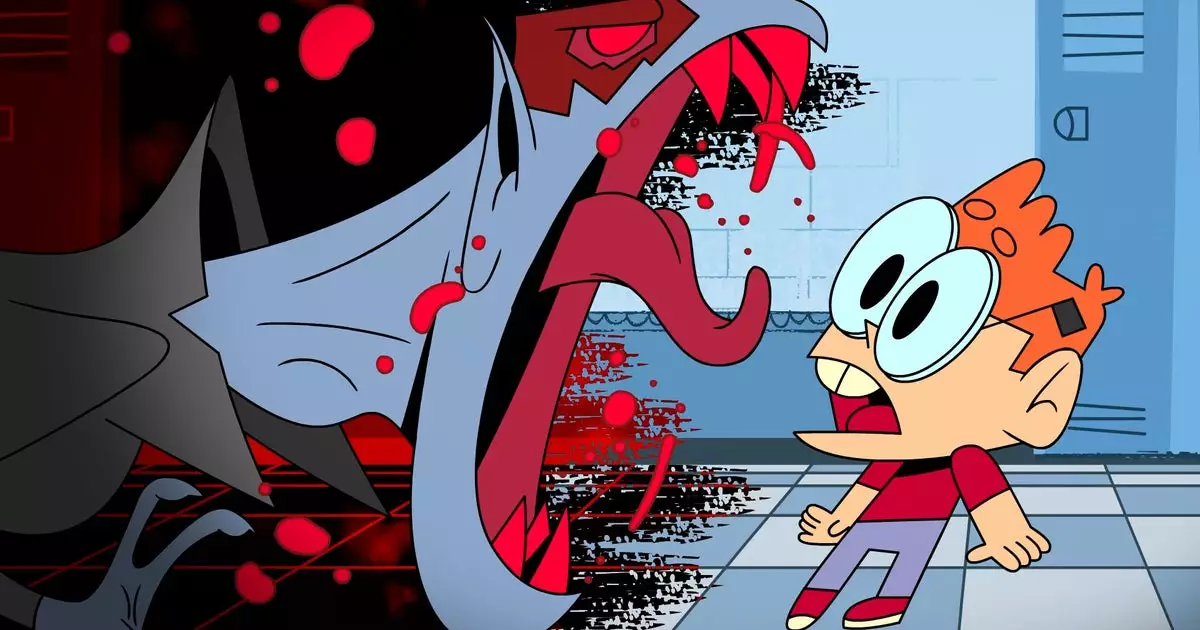It has been reported that all 36 employees of Humble Games publishing have been laid off. The company cited “challenging economic times for indie game publishing” as the reason for the layoffs. However, former employees and industry insiders are calling into question the company’s claim that this is merely a restructuring and not a complete shutdown.
Chris Radley, a former creative lead at Humble Games, publicly disputed the company’s framing of the situation. He made it clear that this is not a restructuring of operations but a total shutdown of Humble Games. He revealed that operations have been handed off to a third-party consultancy and that no staff remain employed at the company.
Employees who spoke with Aftermath revealed that Humble Games had not signed any projects for 2026 or 2027. This has led to speculation that the decision to shut down the company was driven by Ziff Davis’s declining stock prices. The move not only affects the employees of Humble Games but also has a negative impact on indie development in the long run according to one anonymous employee.
Ziff Davis’ technology and shopping division president, Steve Horowitz, disclosed that the company had previously attempted to sell Humble Games twice, but without success. This led to the decision to hand over the remaining publishing projects to a third-party consulting firm, the Powell Group. The uncertainty surrounding the company’s future has raised concerns within the gaming industry.
This is not the first instance of layoffs at Humble Games. Last November, an unspecified number of staff from its publishing arm were let go. This latest round of layoffs has highlighted the volatility of the game industry and the challenges faced by employees who work tirelessly to create great games.
With the closure of Humble Games publishing, the future of the projects in development remains uncertain. The impact of these layoffs goes beyond just the employees who have lost their jobs; it also affects the wider indie development community. The gaming industry continues to face challenges, and the need for stability and support for developers is more important than ever.


Leave a Reply